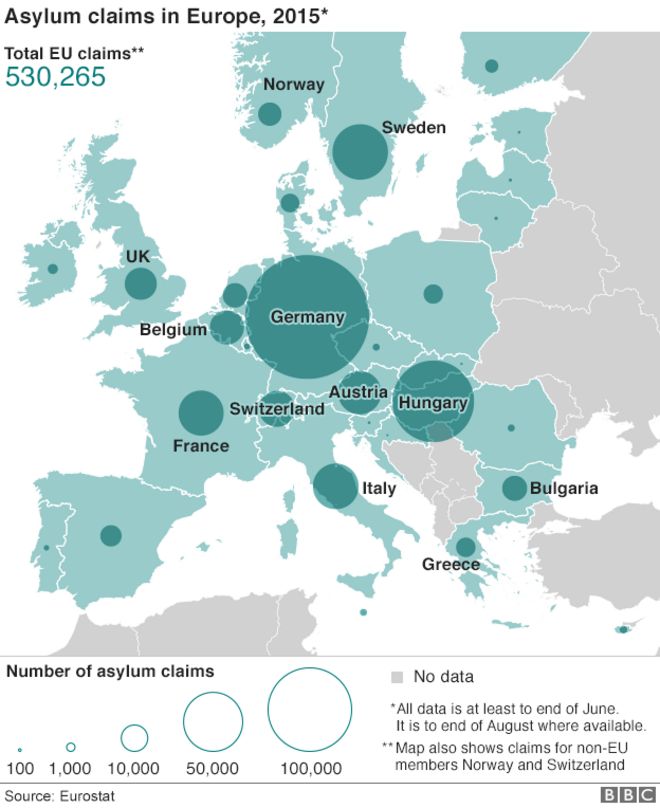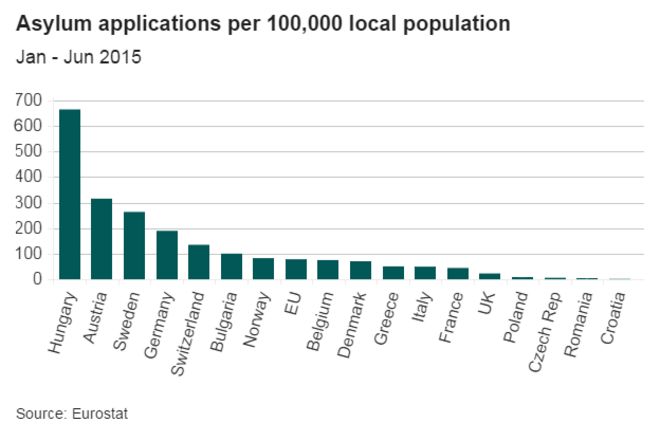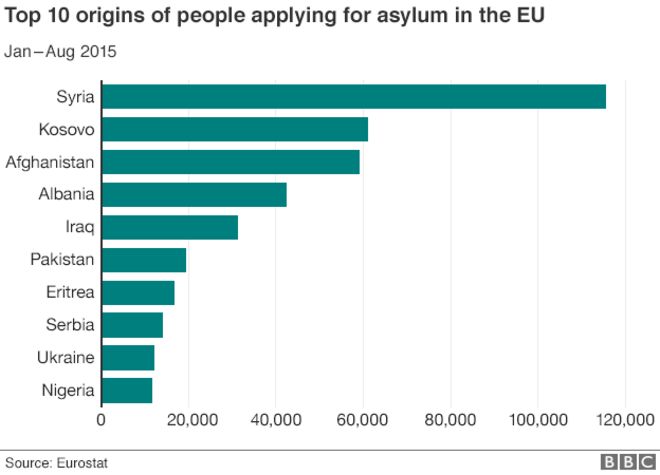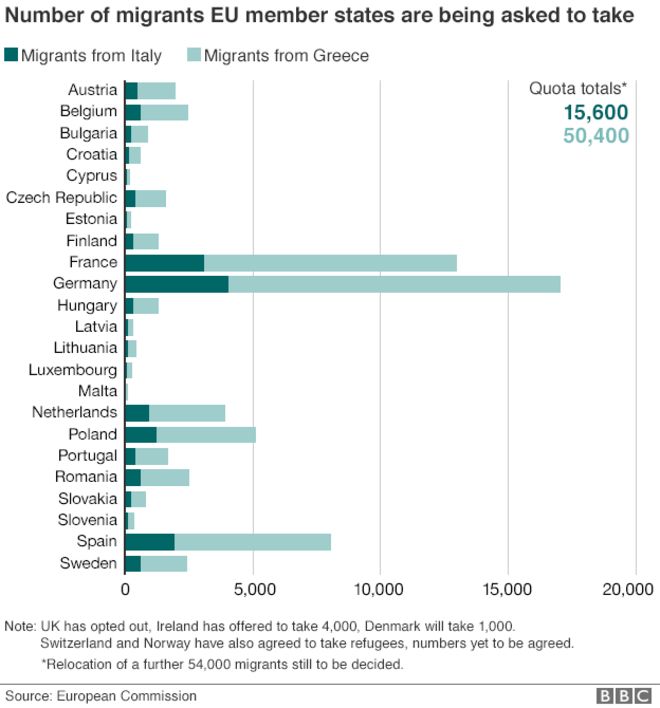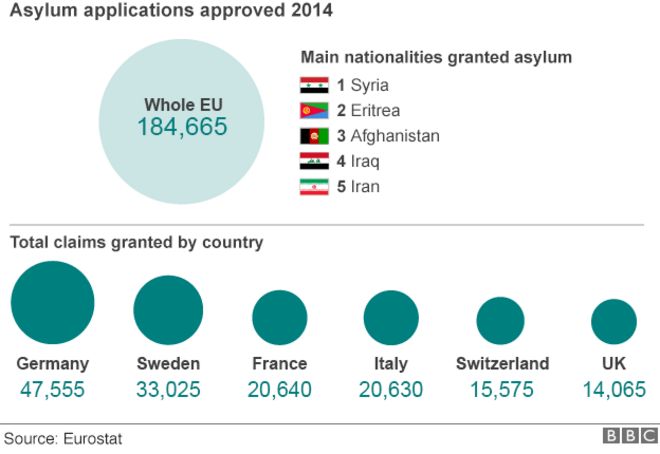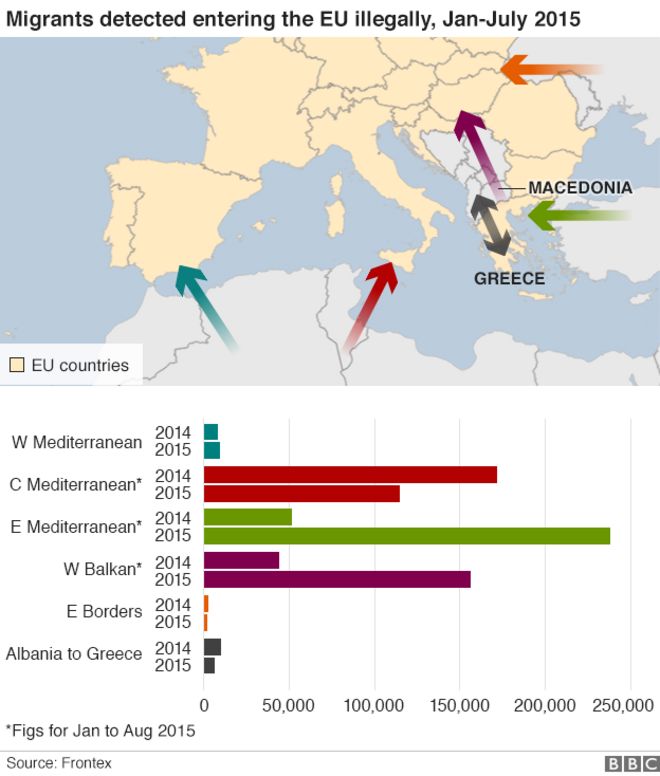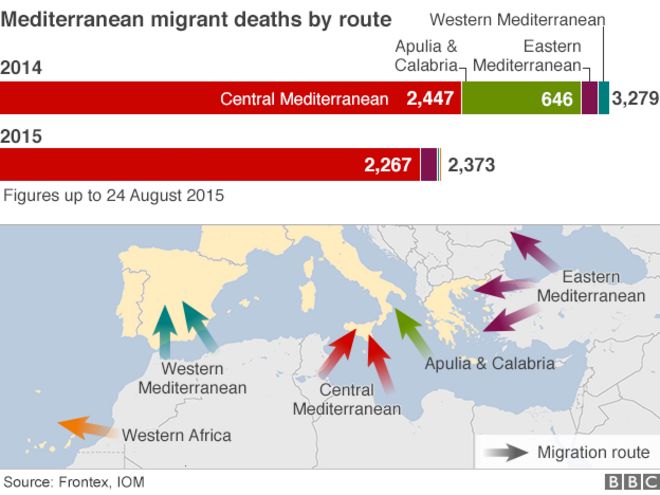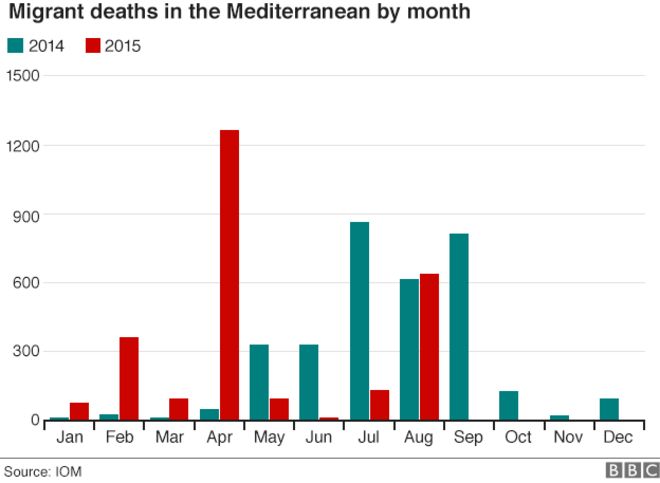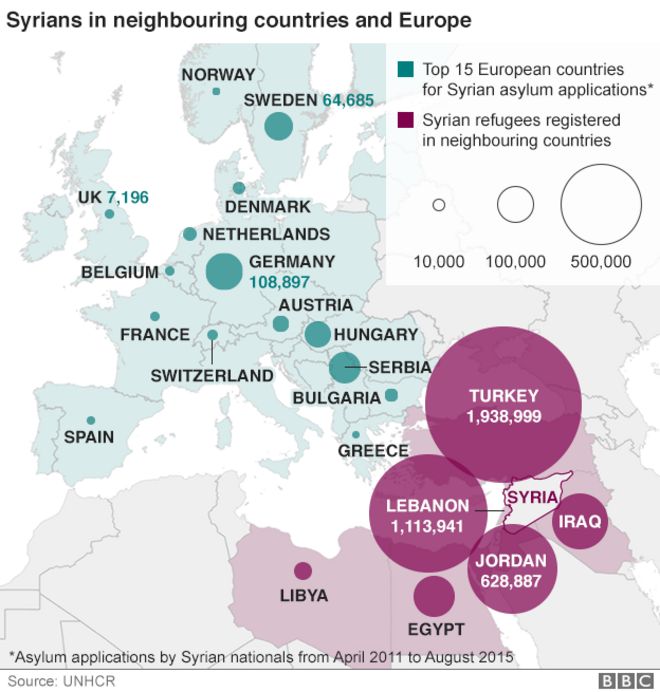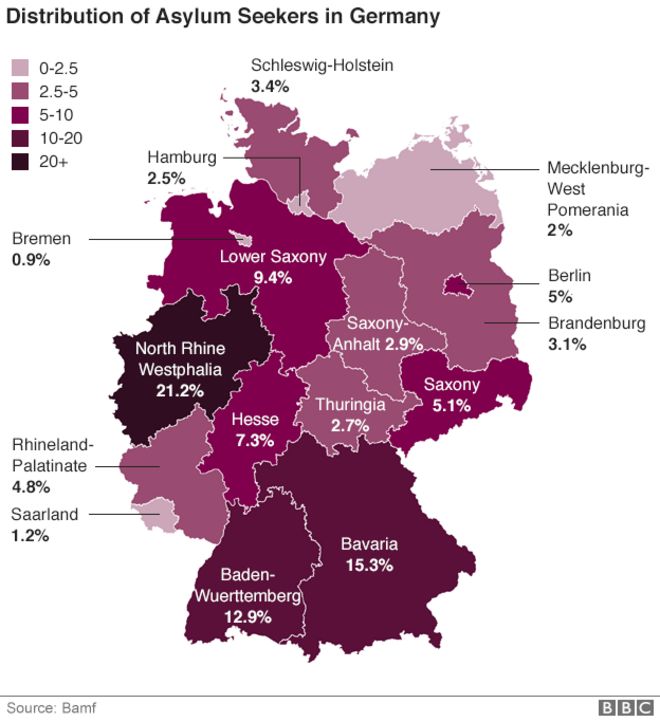Not the first case for hotel chains not protecting guest records.
FromHotelManagement: A U.S. appeals court said the Federal Trade Commission has authority to regulate corporate cyber security, and may pursue a lawsuit accusing hotel operator Wyndham Worldwide Corp of failing to properly safeguard consumers’ information.
The 3-0 decision by the 3rd U.S. Circuit Court of Appeals in Philadelphia on Monday upheld an April 2014 lower court ruling allowing the case to go forward. The FTC wants to hold Wyndham accountable for three breaches in 2008 and 2009 in which hackers broke into its computer system and stole credit card and other details from more than 619,000 consumers, leading to over $10.6 million in fraudulent charges.
The FTC originally sued Wyndham in 2012 over the lack of security that led to its massive hack. But before the case proceeded, Wyndham appealed to a higher court to dismiss it, arguing that the FTC didn’t have the authority to punish the hotel chain for its breach. The third circuit court’s new decision spells out that Wyndham’s breach is exactly the sort of “unfair or deceptive business practice” the FTC is empowered to stop, reports Wired.
BusinessInsider: In August, Visa alerted numerous financial institutions of a breach. Five different banks determined the commonality between the cards included in that alert was that they were used at Hilton properties — including Embassy Suites, Doubletree, Hampton Inn and Suites, and the upscale Waldorf Astoria Hotels & Resorts, Krebs reports.
Hilton Hotels investigates customer credit card security hack
FNC: Hilton Hotels announced that it is looking into a possible security breach that occurred at gift shops, restaurants, bars, and other stores located on Hilton owned properties across the U.S.
According to cyber-security expert Brian Krebs, Visa sent confidential alerts to several financial institutions warning of a security breach at various retail locations earlier this year from April 21 to July 27. While the alerts named individual card numbers that had allegedly been compromised, per Visa’s policy, the notifications did not name the breached retail location. But sources at five different banks have now determined that the hacks all had one thing in common–they occurred at Hilton property point-of-sale registers.
Currently, the breach does not appear to have comprised the guest reservation systems at the associated properties. The company released the following statement regarding the incident:
“Hilton Worldwide is strongly committed to protecting our customers’ credit card information. We have many systems in place and work with some of the top experts in the field to address data security. Unfortunately the possibility of fraudulent credit card activity is all too common for every company in today’s marketplace. We take any potential issue very seriously, and we are looking into this matter.”
The breach includes other Hilton brand name properties including Embassy Suites, Doubletree, Hampton Inn and Suites, and Waldorf Astoria Hotels & Resorts. The hotel group is advising customers who may have made purchases at Hilton properties during the time indicated to carefully scan bank records for any unusual activity and contact their bank immediately.
According to USA Today, evidence from the investigation indicates that the hack may have affected credit card transactions as far back as Nov. 2014 and security breaches could possibly be ongoing.

